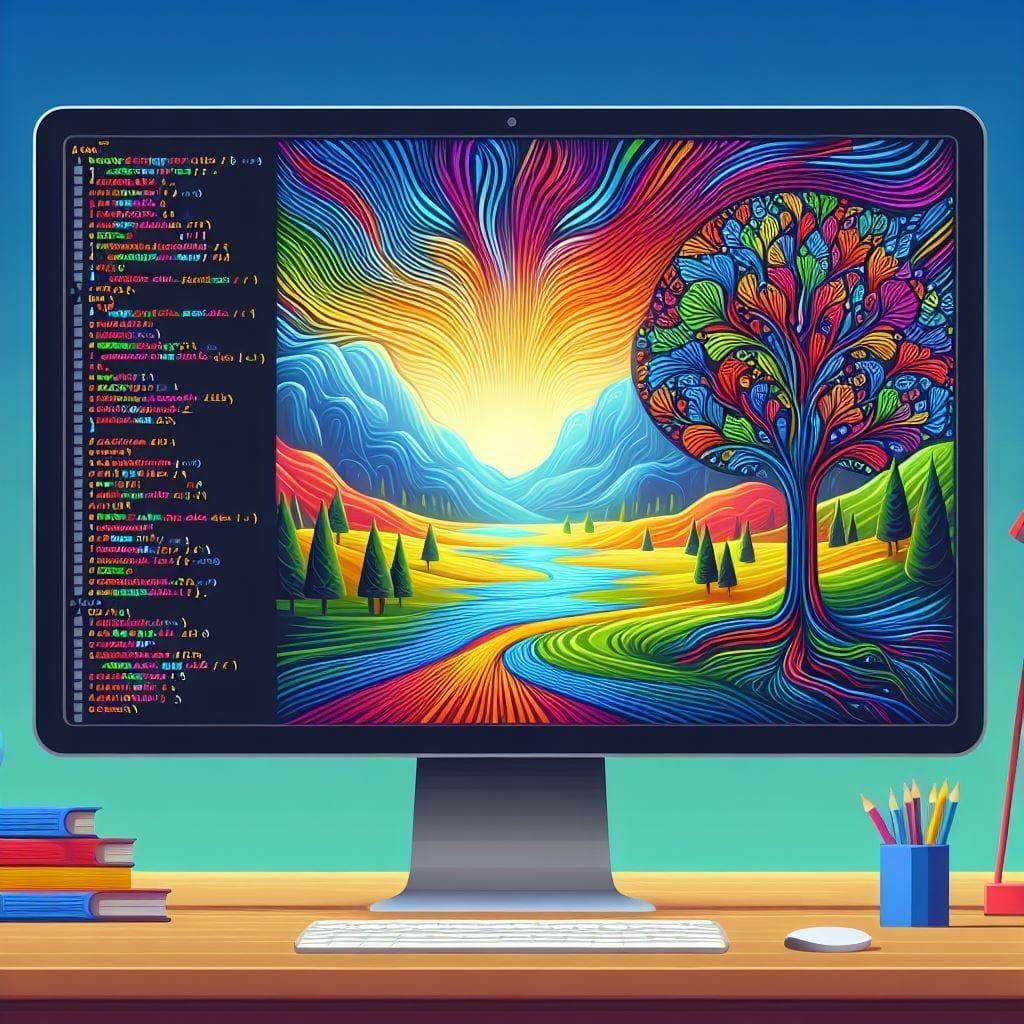The Rise of the Robot Coder: How AI Code Generators are Transforming Programming

For decades, the image of the lone programmer hunched over a screen, fingers flying across the keyboard, has been the iconic symbol of technological creation. But in recent years, a new figure has emerged to share the stage: the AI code generator. These powerful tools are revolutionizing the way we write code, raising both excitement and concerns about the future of programming.
What is an AI code generator?
At its core, an AI code generator is a software program trained on massive datasets of code. This allows it to analyze patterns and identify relationships between different lines of code, eventually learning the “language” of programming itself. Armed with this knowledge, the generator can then take a natural language description of a desired function or program, and translate it into actual code.
The benefits are undeniable:
- Increased Productivity: AI code generators can automate repetitive tasks like boilerplate code generation and basic data structures, freeing programmers to focus on more complex and creative aspects of development.
- Reduced Errors: By automatically generating error-free code snippets, AI can significantly reduce the time spent debugging and fixing bugs.
- Improved Accessibility: For beginners and non-programmers, AI code generators can be a powerful tool to learn the basics of coding and build simple applications without needing to master complex syntax.
- Democratization of Development: By lowering the barrier to entry, AI code generators have the potential to make programming more accessible to a wider range of people, fostering innovation and entrepreneurship.
But the concerns are also real:
- Job Displacement: The fear that AI will replace programmers entirely is a common one. While it’s true that AI can handle some tasks previously done by humans, it’s unlikely to completely replace the need for skilled programmers. Instead, AI should be seen as a tool to augment human capabilities, not replace them.
- Code Quality: The quality of code generated by AI can vary greatly. While some generators produce efficient and well-structured code, others can produce spaghetti code that is difficult to understand and maintain. It’s crucial for programmers to carefully review and edit the generated code before using it in production.
- Security Risks: AI code generators can be susceptible to adversarial attacks, where malicious actors could trick the generator into producing code with vulnerabilities. It’s important to use these tools with caution and follow best practices for secure coding.
The future of AI code generation is full of possibilities:
- Personalized Code Generation: AI models could be trained on individual programmers’ coding style and preferences, generating code that is tailored to their specific needs and working methods.
- Context-Aware Generation: AI code generators could take into account the specific context of a project, including the target platform, existing libraries, and coding standards, to generate more relevant and efficient code.
- Human-AI Collaboration: The most promising future lies in a collaborative approach, where programmers and AI work together. Programmers can provide the high-level logic and requirements, while AI handles the tedious details of code generation.
In conclusion, AI code generators are not here to replace programmers, but to augment their capabilities and accelerate the pace of development. The key to success lies in embracing these tools responsibly, understanding their strengths and limitations, and using them to create a future where humans and AI work together to build the next generation of software.

Leave a comment